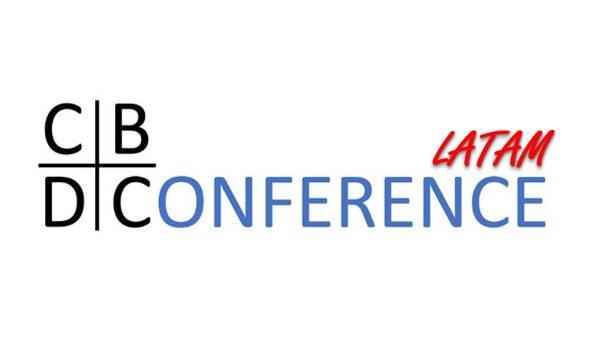- Agenda
- Wednesday, February 21, 2024
Wednesday, February 21, 2024
** Program can change
Cross-border payments could be an important area of application for CBDC. But what advantages do CBDCs offer in this area, what other options exist and what challenges do they face? These questions will be discussed in this roundtable.
Although more than 80% of Central Banks in the world are working on CBDCs, Asia is the continent in the world where we can find a greater number of projects and interest, if possible. The speaker will analyze the main CBDC projects on the Asian continent, especially the digital yuan, digital yen, digital won, as well as some wholesale CBDC projects such as the mBridge project, to see what problem each project wants to solve and what is the current status of these projects.
The process of digitalization and transformation of the financial system still has debts to pay. People still do not perceive themselves as the protagonists of their finances. Open Finance is an opportunity to give people control over their finances. CBDCs and tokens have the potential to close the loop, enabling a better payments experience. To achieve these goals, there are challenges common to any digital change process. While other obstacles and opportunities specific to CBDCs and tokenization must be evaluated before the first line of code is written, the following are some of the most important ones
Programmability is expected to drive innovation, efficiency and resilience in the global financial system. It also shows synergies with current tokenization trends. However, the concepts and implications of these developments are not widely understood, leading to new risks and missed opportunities. This presentation will set out fundamental concepts and conditions necessary for a safe and successful development
Asset tokenization allows the digital representation of assets that can be used for monetary transactions. On the other hand, CBDCs are digital currencies issued by central banks that can be used as a secure and efficient way to conduct financial transactions.
Both solutions have advantages and disadvantages, strengths and weaknesses. This roundtable will discuss these aspects.
Contacts of organizer
About US
The CBDC Conference is organized by Lighthouse Communications LLC (www.lighthouse-communications.ch), an entity registered and headquartered in Zug, Switzerland.
Conferences organized by Lighthouse Communications are characterized by their high-quality content and innovative formats, which support learning and foster communication among the participants.












